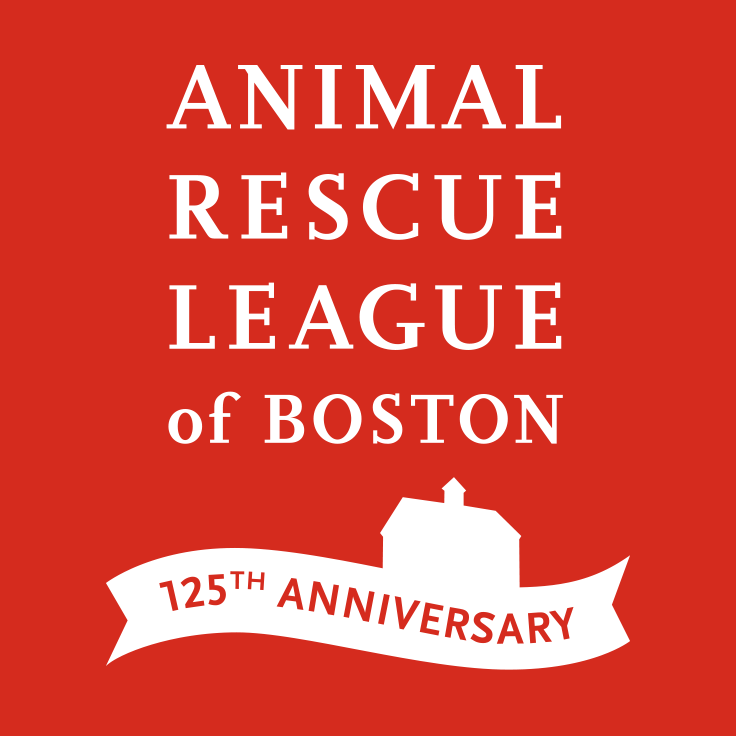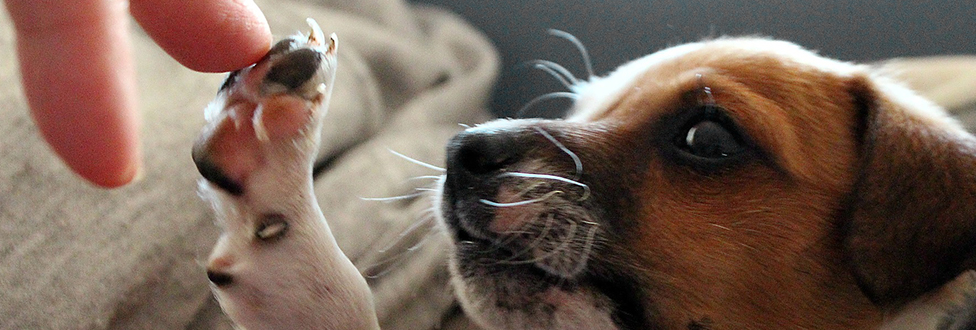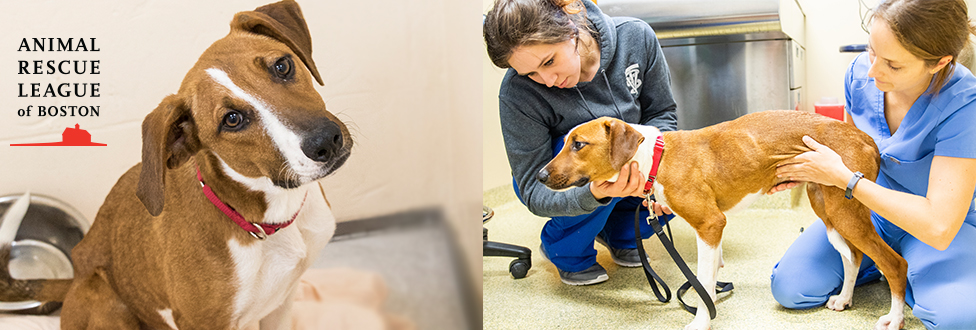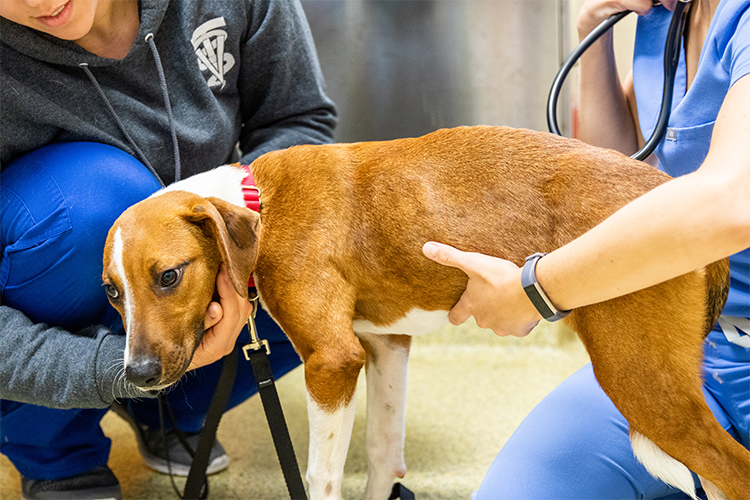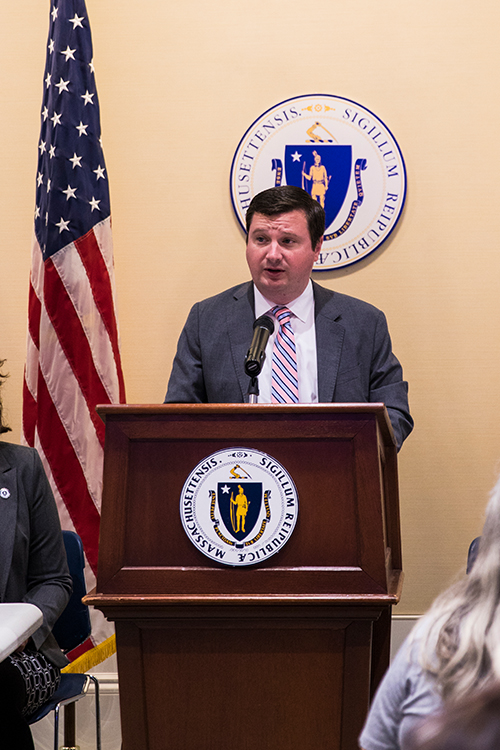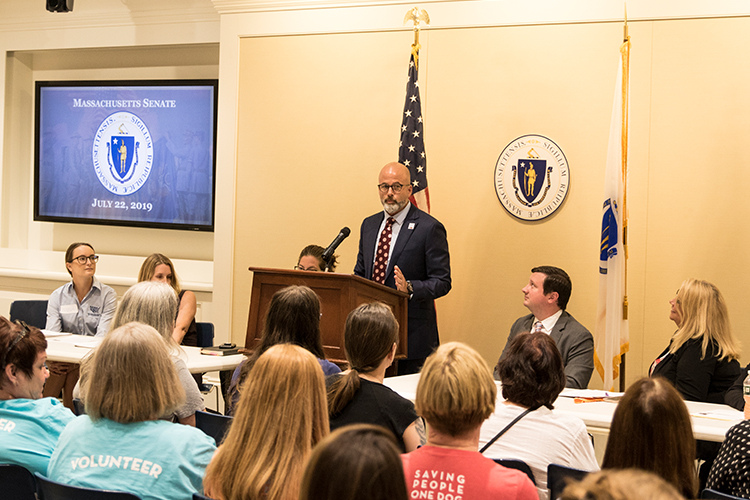4 Facts About Captive Big Cats
We know that big cats, most notably tigers, have come up as a fresh topic of conversation.
Sensational stories may be entertaining, but the animals at the center of these stories are often subjects of misinformation that further endangers them.
Here are 4 facts about captive big cats that you should know:
- Big cats are wild animals, not pets.
Baby tiger and lion cubs can look a lot like their domestic feline friends. However, this is short lived. Tigers can weigh 100lbs by the time they are six months old, and adults weigh 300-600lbs depending on the subspecies.
Adult tigers eat an all meat diet averaging from 13-15lbs of meat a day, although in the wild tigers are more likely to eat a larger kill every few days.
Tigers are hunters and can seriously injure untrained (and even trained) humans. Often times, private ownership results in these animals having to be surrendered to capable facilities when care of the animal becomes dangerous.
- More tigers live in captivity in the United States than live in the wild.
Tigers are an endangered species. It is estimated that only 3,900 of these majestic animals live in wild habitats in India, Nepal, Bhutan, Russia and China.
Meanwhile, anywhere from 5,000-10,000 tigers live in captivity in the US. Much of the increase in captive population comes from intentional breeding, meant for monetary gain.
Cubs are often taken from their mothers immediately, limiting socialization and development that would naturally happen in the wild.
These tigers are unsuitable to be released into a wild habitat, and must spend their lives in captivity.
- Not all habitats are created equal.
Cat owners understand that although cats may like small spaces, such as boxes, they need adequate space and enrichment.
Big cats, like tigers, are no different.
Tigers need adequate space, shelter, and food.
Tigers in the wild often have home territories of hundreds to thousands of square miles.
Tigers in roadside zoos may have small enclosures, while tigers in other zoological parks or sanctuaries may have large habitats with enrichment.
- The laws relating to ownership and sale of big cats vary by state.
While some states prohibit ownership of big cats, others require a license or even have no prohibitions.
Current federal law only prohibits selling these animals across state or national lines, allowing individuals to sell or transfer within state lines as long as it is legal.
Even across state lines, those with specific federal licenses can transfer animals.
There are federal proposals, including the Big Cat Safety Act, that would close existing loopholes and create nationwide standards for big cat ownership.
This pending legislation would prohibit all public contact with big cats, and require local animal control and law enforcement to be notified of all owned big cats.
Public safety is at risk when there are big cats in unsuitable facilities, both to those visiting the facility and the surrounding areas.
Know before you go…
Before planning a family trip to see big cats in a facility, do your research.
Humane practices will not allow for the public to interact with big cats, and will not force the animals to engage in shows for public entertainment.
The USDA conducts inspections of facilities that exhibit to the public, and these inspection records are public.
ARL has advocated for these records to be kept public so consumers can research those that claim to provide services to animals.
